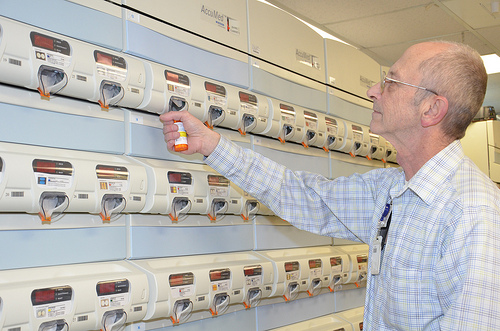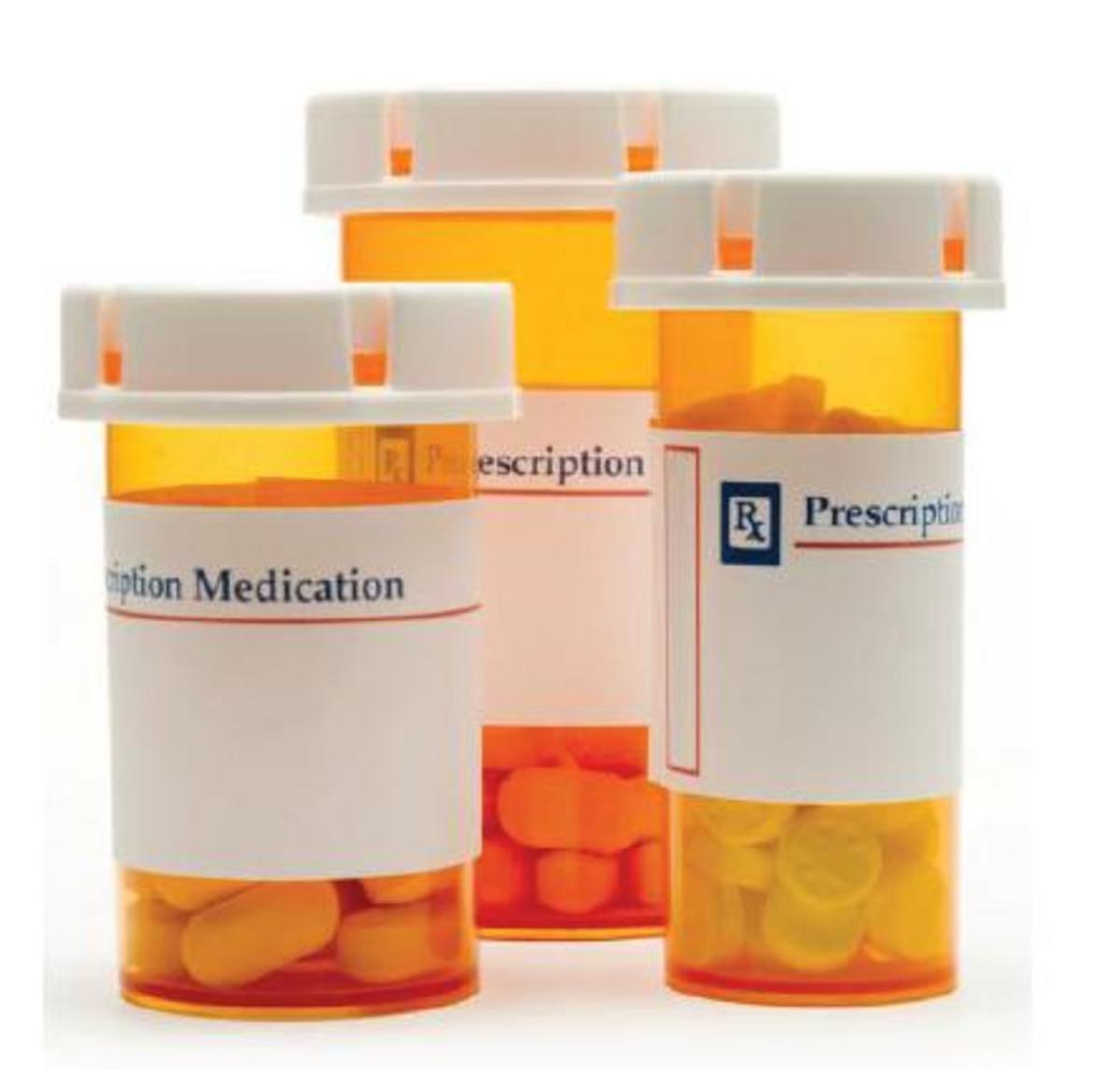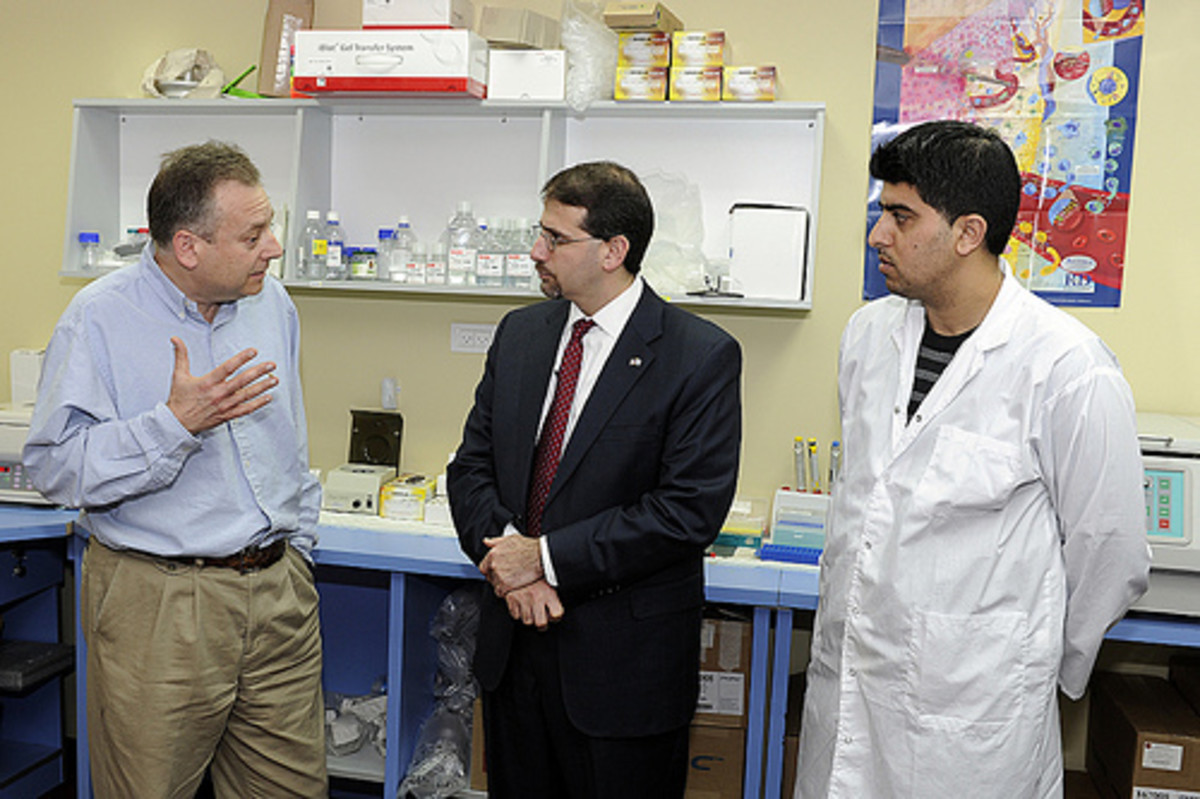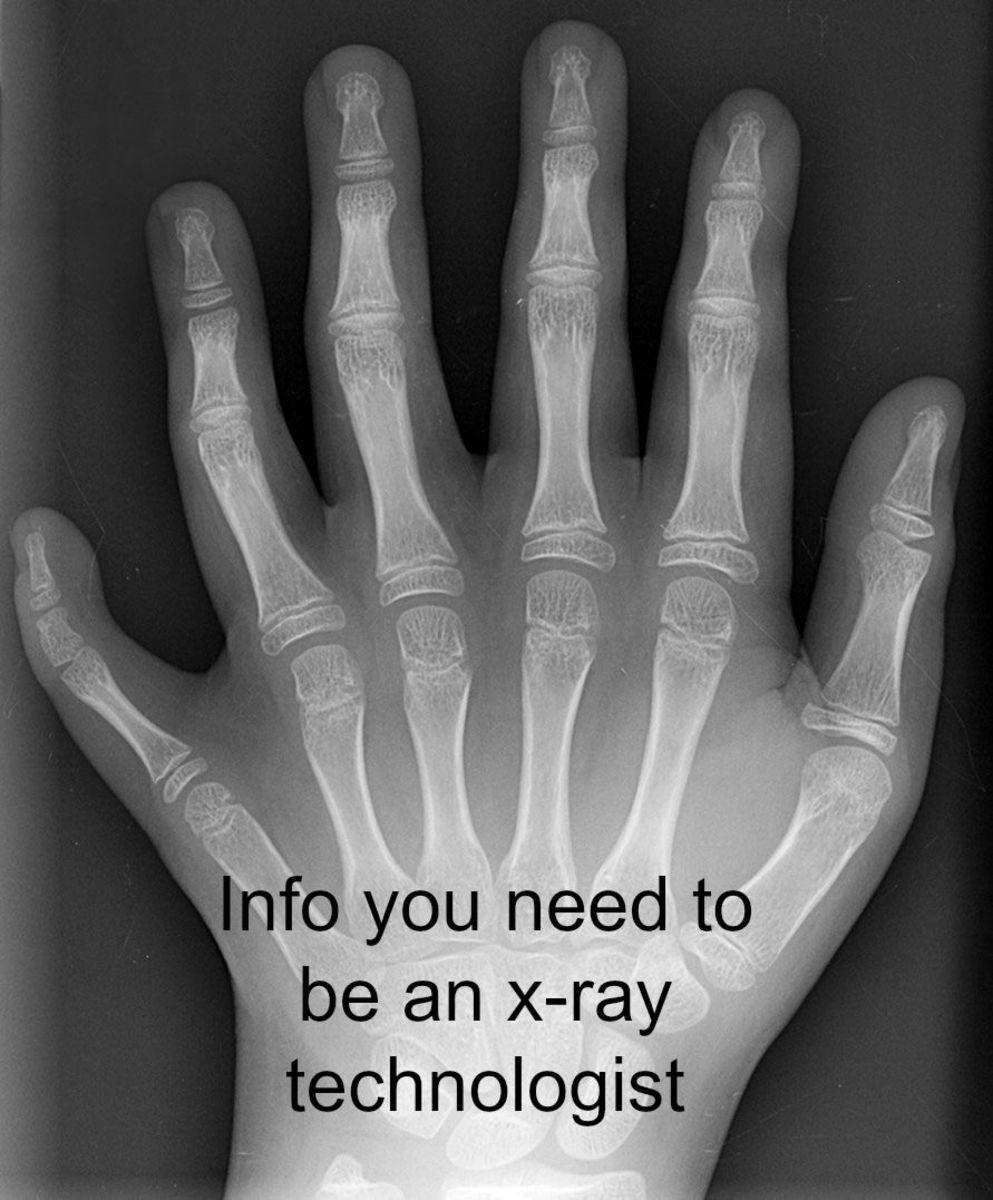Starting a Pharmaceutical Career

© 2012 by Aurelio Locsin.
With the chance to ease pain and save lives, a pleasant and climate-controlled working environment, and the ability to interact with people as an authority figure, pharmaceutical careers may prove ideal choices for many students and jobseekers. Starting in the career can begin before high school and continue to a post-graduate degree.
Preparation
Those interested in a pharmaceutical career can prepare for it by honing useful skills in elementary and high schools. Good people skills are needed for interacting with customers and doctors, so participating in group activities or student government is helpful. The ability to communicate verbally helps with offering advice to customers and eliciting information from doctors, which can be improved in such activities as speech, debate and drama. Good analysis and an orientation to detail ensure that medicines are correctly mixed and apportioned. Excelling in science and math can highlight these characteristics.
Aides
Those wanting a taste of a pharmaceutical career without much investment of time can become pharmacy aides, which only requires a high school diploma. Aides receive much of their training on the job from pharmacists, pharmacy technicians or more experienced aides. These workers learn the clerical side of the industry, performing such tasks as receiving and stocking supplies, greeting customers and answering phones, cleaning public areas, and operating cash registers and packaging purchases. As of May 2011, according to the Bureau of Labor Statistics, pharmacy aides earned a mean $23,350 per year, or $11.23 per hour.
Technicians
Aides who enjoy their taste of the pharmacy life can become pharmacy technicians who help pharmacists by mixing compounds and medications, counting tables and measuring dosages, and packaging and labeling prescriptions, under the watchful eye of pharmacists. A high school diploma is also the minimum requirement, with on-the-job training. However, postsecondary credentials are available from vocational colleges, which take only about a year to complete. Many states specify the requirements for technicians, which may include background checks, formal training and passing exam. Pharmacy technicians averaged an annual $30,020, or $14.43 per hour.
Pharmacists
The ultimate pharmaceutical career belongs to pharmacists who fill the prescriptions of doctors, educate patients on health matters and supervise subordinates. Getting this career started begins with at least two to three years of undergraduate courses. However, most pharmacy training applicants go for the full four-year bachelor’s degree. Students then continue for another four years in Doctor of Pharmacy programs. Advanced pharmacy training, such as in research, typically demands a one to two year residency after completion of the postgraduate program. All states also require a license for pharmacists, which they obtain by passing an exam on pharmacy skills and another on pharmacy law. Pharmacists made a mean $112,160 per year, or $53.92 per hour.
Related Information
- Alocsin's Jobs and Salaries Index
The following is an index to Alocsin's hubs on jobs, employment and salaries, arranged in alphabetical order by category and then title. The last section, What's New, lists the five newst jobs hubs. - The Highest Paid Doctors in the USA: Medical Specialties with the Best Paying Salaries
Though doctors earn the highest pay in the U.S. as a group, those who are specialists earn even better salaries. - Medicinal Relief: The Best Pharmacist Salary and Employment in the USA
Pharmacist salary and employment in the USA depends almost entirely on the employer and location. Find out the basics for this career. - For Love and Money: The Highest Paying Jobs in the USA
America's best paid professions earn over six figures. Find out what they are in this article. - U.S. Bureau of Labor Statistics
The Bureau of Labor Statistics is the principal fact-finding agency for the Federal Government in the broad field of labor economics and statistics.





